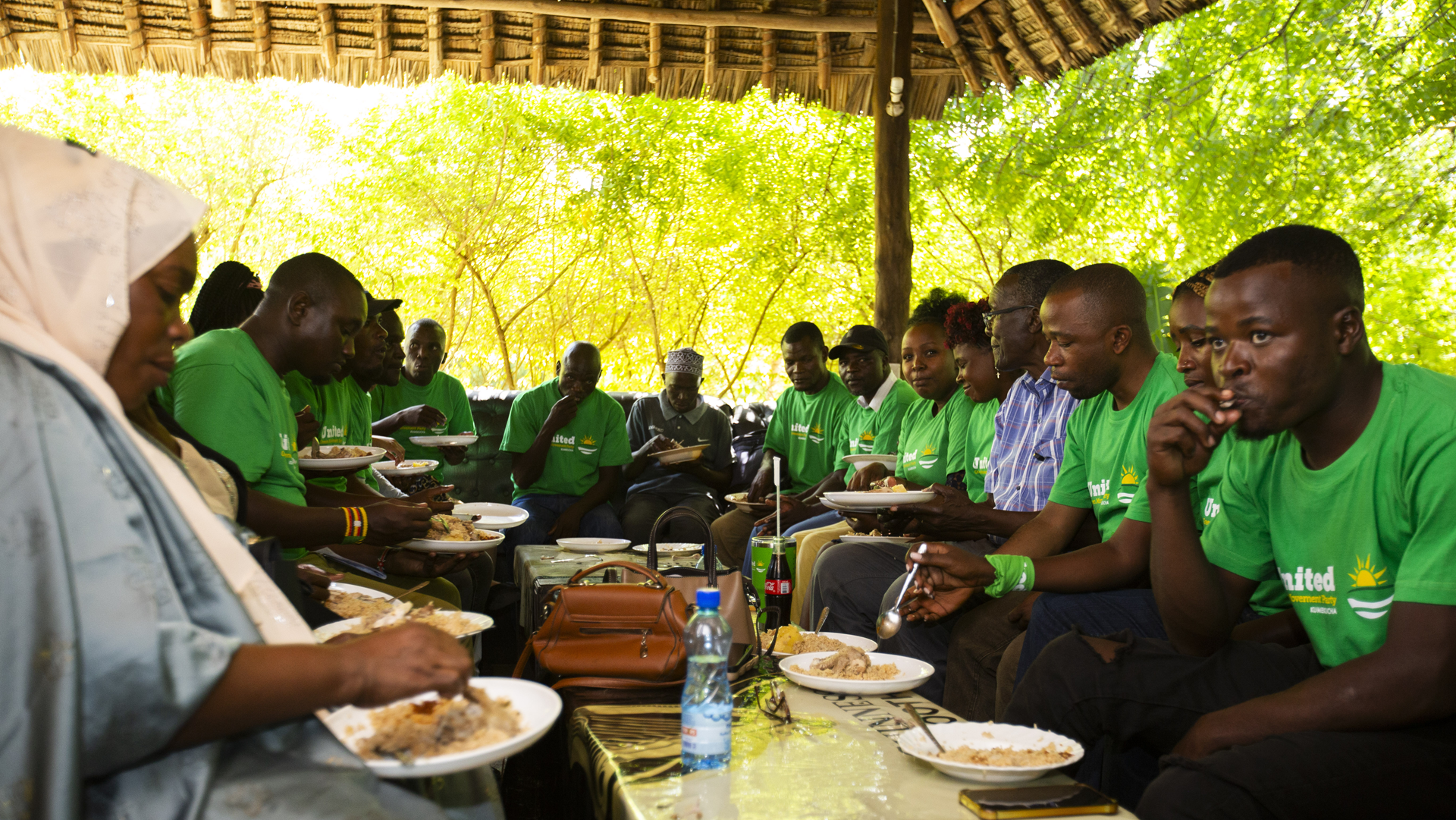By Washington Osiro

Imma shout this pithiness one more time – for the proverbial folks in the back of the
room and the ones who pretend they can’t hear:
The Internet, with the memory of many elephants, remains undefeated. Raila is dead! Long live Raila!
I read this highly misplaced riff in a piece by one of Jubilee Coalition’s ex-bloggers – memorializing Raila Odinga, the former ruling coalition’s nemesis, shortly before its English version was echoed by President William Ruto.
The phrase reflects Great Britain’s enduring imprimatur on a former colony – Kenya – once a pawn in Europe’s partitioning of Africa. The original phrase, “Le roi est mort, vive le roi” – The king is dead! Long live the king! – traces its roots to 15th-Century France. Its English adaptation resonates more with the English-speaking Kenya and speaks to the continuity of a nation’s leadership and, importantly, its institutions, systems, and ideals that person (king) represented.
Ironically, Kenya’s leaders who have repeatedly undermined the co-equal institutions of government are now invoking the highfalutin expression to praise a man they once vilified – for daring unsuccessfully, to appeal to their better angels.
Social media critics who made their mark (and millions) by inundating their hundreds of thousands of followers with acerbic slights against Raila are now posting flowing elegies that are in stark contrast to the vitriol they once peddled during the heady days of their roles as Jubilee Coalition’s “Thirty-Six Bloggers.”
A short, pointed, and uncomfortable post by my good friend and Nairobi Schoolmate, Owino Sangiewa, prompted this reflection.
Suddenly, somehow, Raila’s political enemies who once called him a “mad man” or “mũgũrũki,” now have warm, humanizing, and sane memories of the man
affectionately known as “Baba.”
The “tyrant” once accused of being “a dangerous man who preaches democracy but practices tyranny” is now being recast as an immortal king.
The divider who exacerbated ethnic rifts has become the prescient son of Africa.
The “whining sore loser?” Presidential in every unclaimed inch.
The same coterie that once accused Raila Odinga of the preceding unsavoriness has now knotted itself into pretzels with lyrical nods to Mark Antony and allusions to the colonizer’s royalty.
Let me argue thus: It is one thing to have deep ideological and policy differences with a political competitor. Democratic politics is after all, a battle of ideas and policies.
I distanced myself from the late premier after his 2018 Handshake with someone I still describe as the “poster child” – and I would add, beneficiary – of all that ails Kenya, former President Uhuru Kenyatta – an entitled and self-serving executive. I doubled
the distance when the doyen of Kenya’s opposition provided cover for the current president, William Ruto, when the country’s youth threatened to upstage his
government. Mr. Ruto’s carrot-and-stick response to the Gen Z protests of 2024
coopted Raila’s base while also rekindling memories of one of the darkest periods of
Kenya’s short history.
It is a different proposition when those with platforms elevate these differences into questions about their target’s patriotism and commitment to ideals such as democracy and the democratic process
It is patently dangerous when those differences are characterized in otherizing and dehumanizing terms.
The clarion call “Raila will never be president” or questions about his mental acuity were de rigueur by some of the same folks now waxing eloquently about their “deep love” for the man and the ideals for which he spent his entire life fighting.
Raila’s detractors have now embraced the “angel” they once claimed was a mirage, you know, someone who was potentially “worse than the devil” Kenyans already knew and were used to.
The “whining sore loser” has now become the prescient “son of Africa,” who, despite never being president, was “presidential in every sense.”
One could hardly script such ironic vacuity and banality – unless their job description included crafting irony and catch phrases amidst empty words and promises.
It is the height of hypocrisy that those now shouting themselves hoarse about RAO’s
supposed permanence and that of the ideals he fought for are the same ones who
cheered on leaders who gloated about “Kumi bila break” even as they hollowed out
the institutions that phrase venerates.
“Long live the king” was meant to affirm continuity – the seamless transfer of legitimacy from one leader to another, the survival of the state beyond the life of its sovereign. Yet under Uhuru Kenyatta, William Ruto, and their band of merry sycophants and spinners, continuity became a casualty of convenience.
Courts were defied, watchdogs neutered, constitutions bent, enemies silenced, and systems manipulated in the service of expediency. To invoke that French aphorism now, while having applauded the systematic erosion of checks, balances, and truth, is to strip it of meaning. It is to mourn a fallen king while standing on the rubble of the institutions and ideals whose permanence and independence they fought to legitimize.
Fortunately, the Internet remembers.
It archives hypocrisy with the permanence it now grants the man they once reviled. Indeed, long live Baba and what he stood for.








